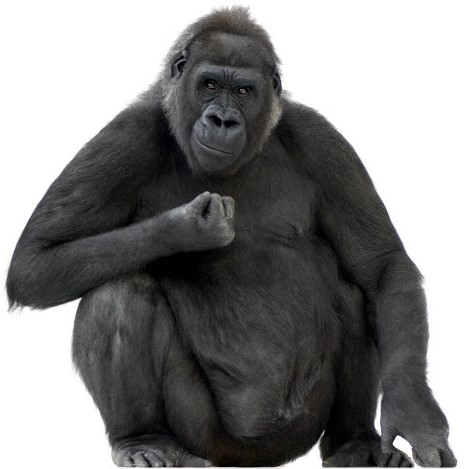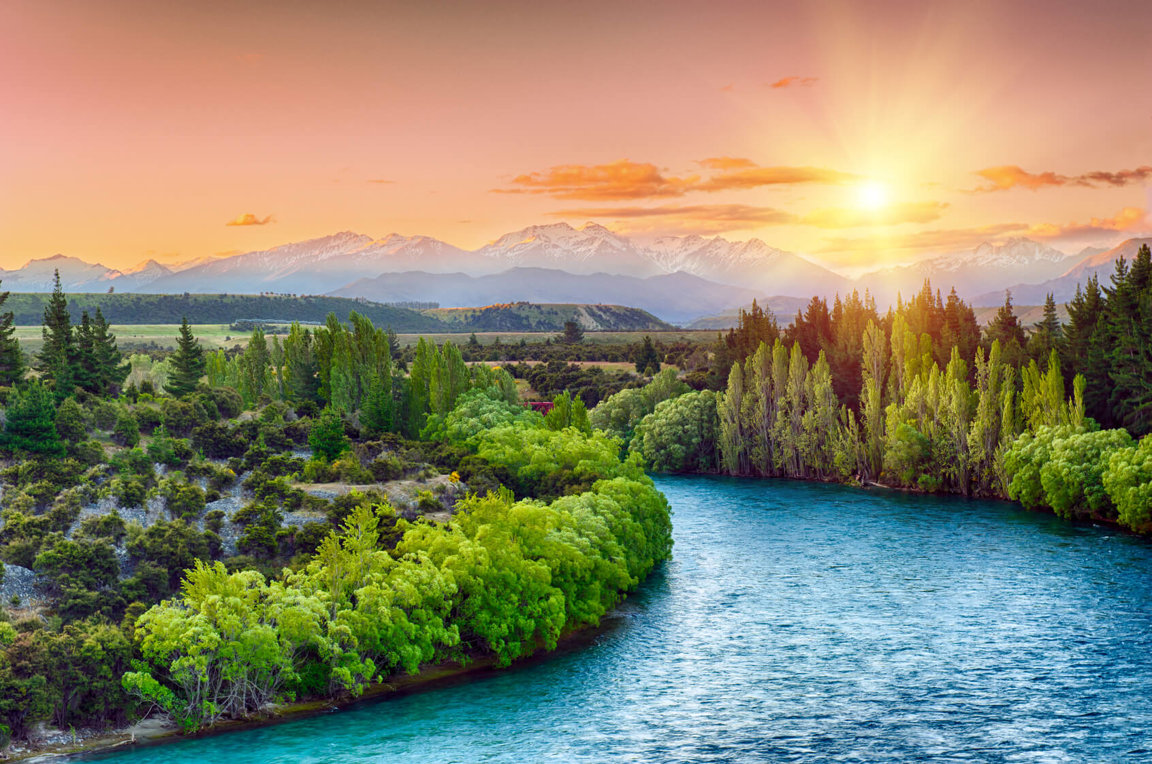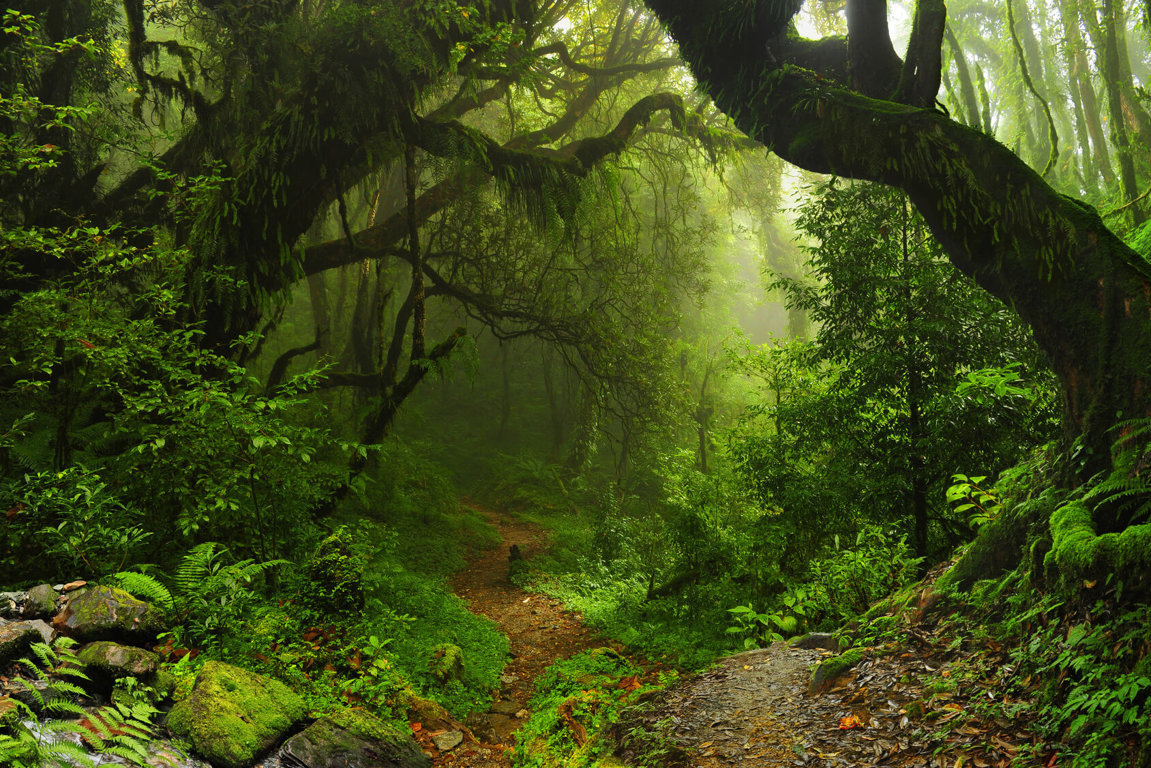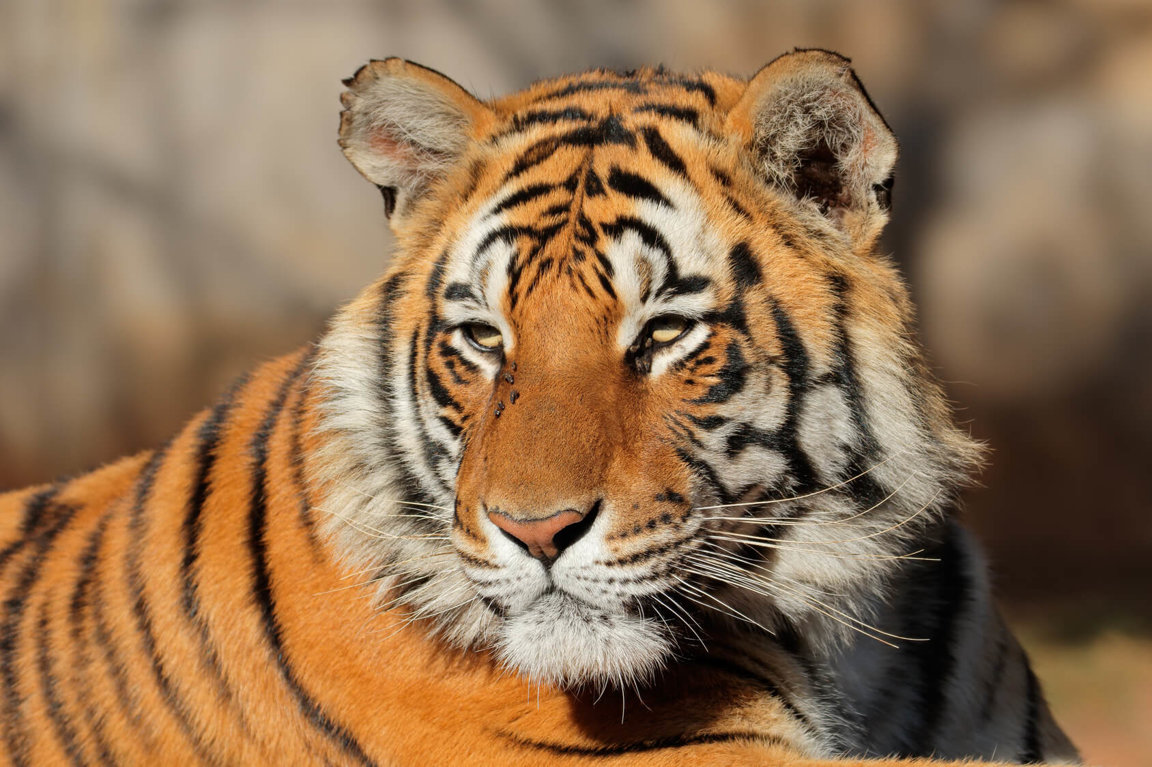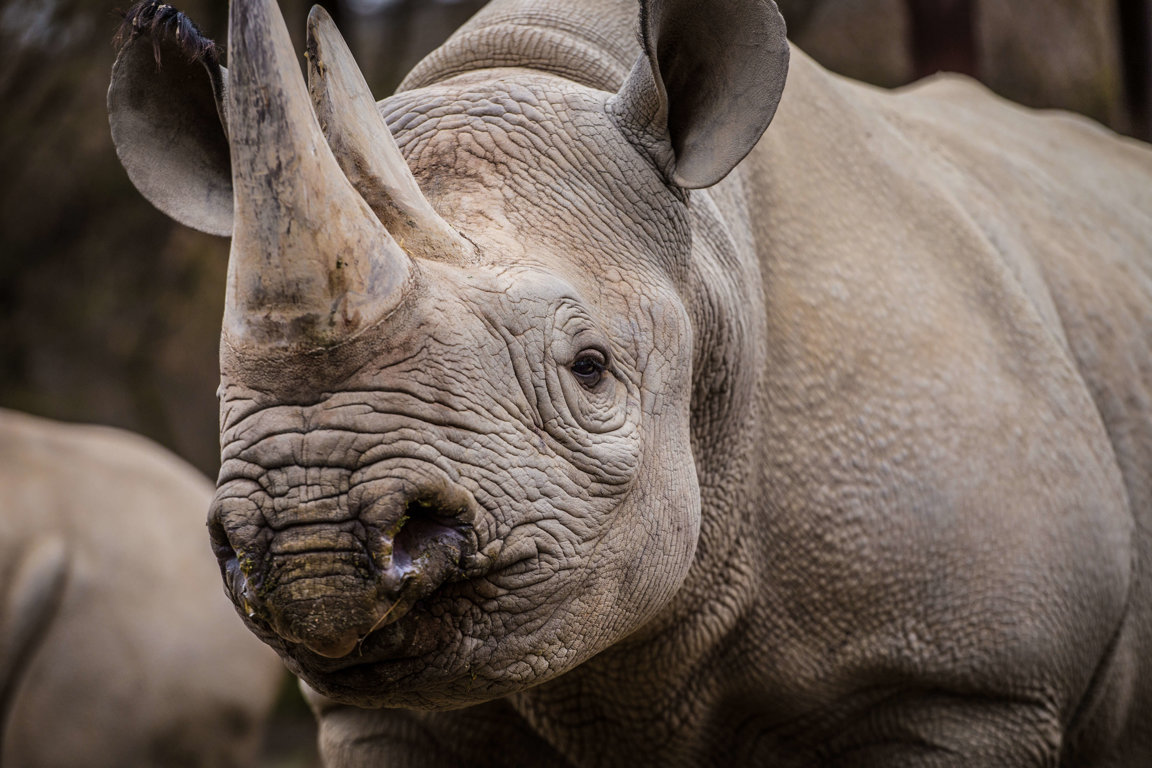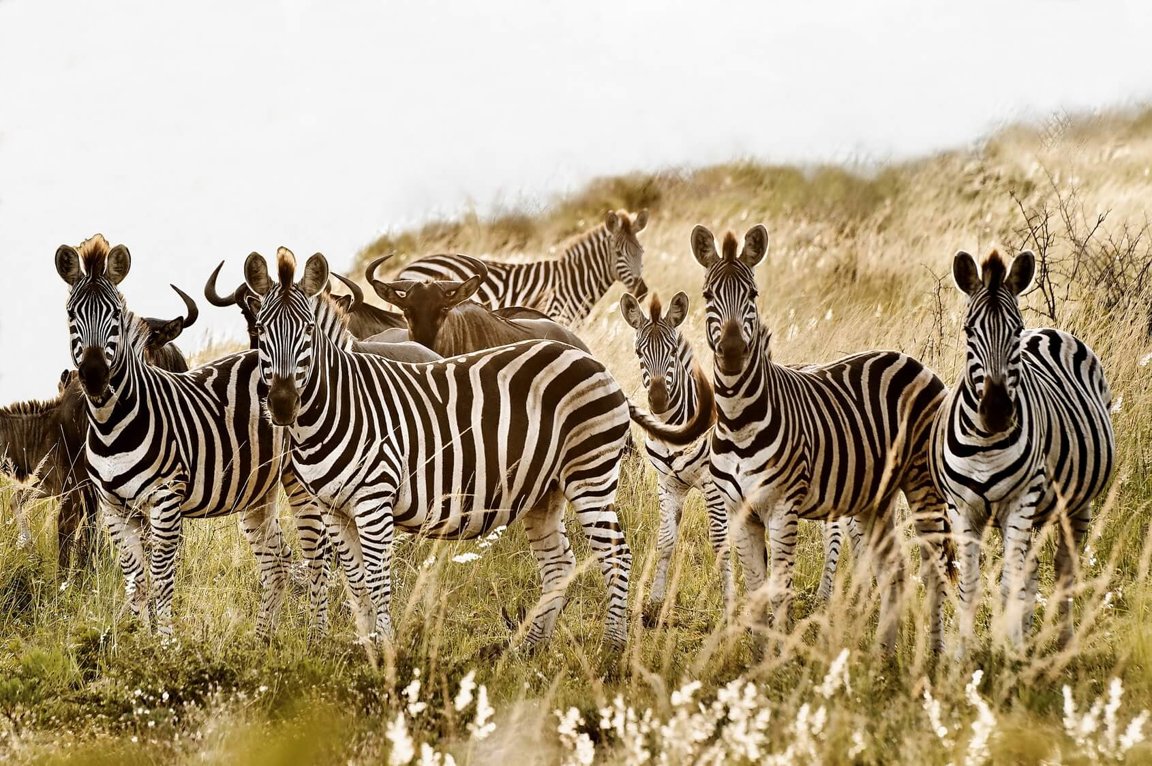Wild Earth
Wilderness or wildlands are natural places on our planet that have not been significantly modified by humans. These last, truly wild places that have not been developed with industry, roads, buildings and houses are critical for the survival of many plant and animal species. They also provide humans with educational and recreational opportunities, and are deeply valued for aesthetic, cultural, moral and spiritual reasons.Some wildlands are protected, preserving natural areas for humans, animals, flora and fauna. Others are disapearing at alarming rates, and simply drawing lines around specific areas is not enough. All of our planet is intricately connected. What happens outside a specific wilderness area affects what happens inside it.
Many wildlife habitats have become fragmented due to human development. Without the protection of vast expanses of wildlands to meet the minimum requirements of the largest, most widely roaming members of the ecosystem, they may dwindle or vanish forever. The loss of any species effects the entire ecosystem.

